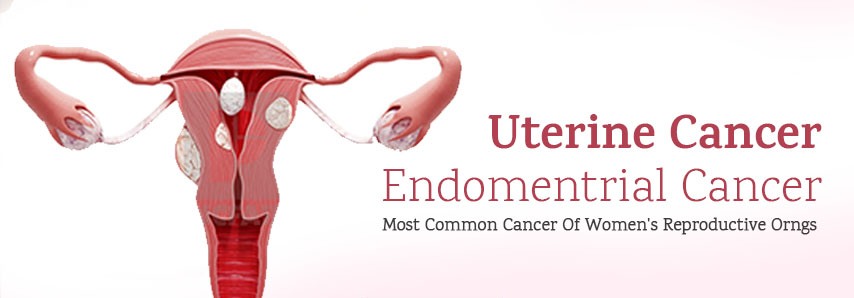Bleeding after Menopause could be Endometrial Cancer.90 per cent of the women who were diagnosed with endometrial cancer reported postmenopausal bleeding.
It is so common that women experience postmenopausal bleeding for years but don’t think anything of it and it turns out to be a symptom of endometrial cancer. Menopause is when a woman does not have her menstrual period for twelve consecutive months. In the beginning, you might experience irregular bleeding that leads up to menopause. This phase is called perimenopause. However, all vaginal bleeding should stop once you are in menopause.
Sometimes, there may be benign reasons that cause postmenopausal bleeding. However, 10 per cent of women have postmenopausal bleeding due to endometrial cancer and 90 per cent of the women who were diagnosed with endometrial cancer reported postmenopausal bleeding.
The rate of endometrial cancer has increased in recent years and is expected to rise further. This is due to various factors such as obesity, that affect the hormones. Women in their mid-60s are most commonly affected by endometrial cancer.


Normally, the uterine lining of a postmenopausal woman is thin, as she is not menstruating. If she has endometrial cancer, the uterine lining would appear thick. If your doctor observes that the uterine lining is thicker, he or she would recommend a biopsy wherein a sample of the uterine lining is taken and sent for further examination.
Endometrial or uterine cancer treatment:
Endometrial or uterine cancer can be treated with surgery followed by chemotherapy and/or radiation. Usually, a hysterectomy along with bilateral salpingo-oophorectomy is performed as a treatment for uterine cancer. In this surgery, the uterus, ovaries, cervix and fallopian tubes are removed. Most likely, surgery helps prevent cancer from recurring. Radiation and chemotherapy may be performed if cancer has spread beyond the uterus.
If you are experiencing bleeding or even spotting after menopause, you should immediately contact your doctor. You should not wait till your next planned checkup, because vaginal bleeding after menopause should not be ignored. If detected early, women have a 95 percent chance of surviving endometrial cancer for at least 5 years. If cancer spreads outside the uterus, the chance of survival can decrease, ranging between 16 and 45 per cent.


Dr. Garima Jain
Sr. Consultant, Obstetrician and Gynecologist
Apollo Cradle & children’s Hospital
Brookefield, Bangalore.











